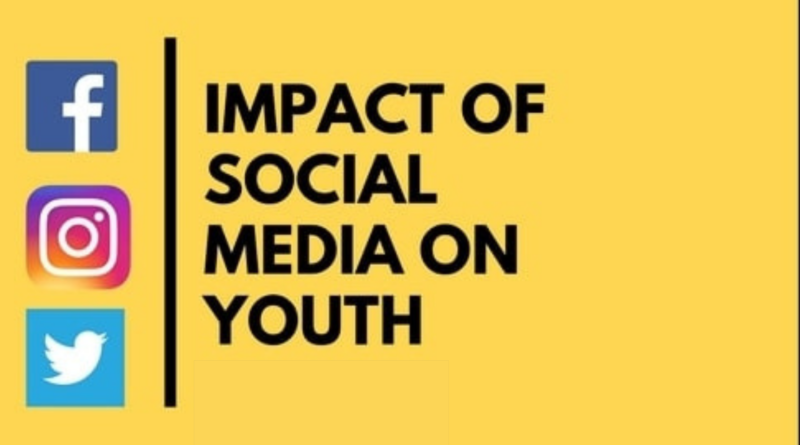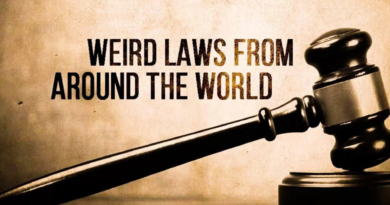SOCIAL MEDIA IMPACT ON YOUTH AND SOCIETY
In today’s digital world, social media has become a powerful part of everyday life. Platforms like Facebook, Instagram, Twitter, YouTube, and TikTok are not just communication tools but also spaces for learning, entertainment, and self-expression. For youth and society, social media has created both opportunities and challenges. While it brings people closer and spreads information quickly, it also raises concerns about mental health, privacy, and social behavior.
Positive Impact of Social Media on Youth
One of the biggest benefits of social media for young people is connectivity. Teenagers and young adults can stay in touch with friends and family regardless of distance. Social media has also given a global platform to share ideas, opinions, and creativity. For instance, many young people showcase their art, music, or photography on platforms and gain recognition.
Education is another area where social media has been highly useful. Many students follow educational channels, online lectures, and discussions on YouTube, LinkedIn, or Instagram. This has made learning easier, interactive, and accessible to everyone. Social media also helps youth become aware of global issues like climate change, gender equality, or social justice. They use these platforms to support movements and create awareness.
Another advantage is career opportunities. Many young people use social media for networking and building professional contacts. LinkedIn, for example, allows students and professionals to connect with employers, mentors, and industry experts. Similarly, Instagram and TikTok have turned into platforms for entrepreneurs and influencers to build businesses.
Negative Impact of Social Media on Youth
On the other hand, social media also has negative consequences. One major concern is addiction. Many young people spend hours scrolling through posts, watching videos, or chatting online. This reduces productivity and affects studies, sleep, and physical health. Too much screen time can also lead to eye strain, headaches, and lack of physical activity.
Mental health issues are another big challenge. Social media often creates unrealistic standards of beauty, success, and lifestyle. Youth may compare themselves with influencers or celebrities, leading to feelings of insecurity, low self-esteem, or depression. Online bullying, commonly known as cyberbullying, is also increasing. Hurtful comments or trolling can deeply affect young minds.
Privacy and safety are also at risk. Many young users share personal information online without realizing the dangers. This can lead to identity theft, online scams, or even exploitation. Moreover, fake news and misinformation spread quickly on social platforms, misleading young people and shaping their opinions incorrectly.
Social Media’s Impact on Society
Beyond youth, social media has changed society as a whole. Communication has become faster, and people from different cultures and backgrounds can interact easily. It has given a voice to ordinary citizens, allowing them to raise issues, share experiences, and influence public opinion.
Social media has also been a driving force in politics and social movements. Hashtags and online campaigns have helped spread awareness about important causes, from environmental protection to human rights. During natural disasters or emergencies, platforms like Twitter and WhatsApp play a major role in spreading quick updates and rescue information.
However, social media also divides society at times. Political polarization has increased because people tend to follow only those pages or groups that match their opinions. This creates an “information bubble,” where users are less open to other perspectives. Hate speech, fake news, and online propaganda also create tension and conflict in society.
Balancing the Use of Social Media
The impact of social media depends on how it is used. If used wisely, it can be a tool for learning, creativity, and social change. But if misused, it can harm personal growth and social harmony. Parents, teachers, and society must guide youth to use social media responsibly.
Some solutions include limiting screen time, fact-checking news before sharing, and maintaining privacy by not oversharing personal details. Youth should also focus on balancing online and offline activities by engaging in sports, hobbies, and face-to-face conversations.
Conclusion
Social media is a double-edged sword. It offers incredible opportunities for connection, knowledge, and growth but also brings risks of addiction, mental stress, and misinformation. For youth, it is a tool that can shape their identity, career, and worldview. For society, it is a force that can unite or divide, depending on how it is used.
The future depends on responsible use. By promoting digital literacy, encouraging healthy habits, and ensuring ethical use of social media, both youth and society can enjoy its benefits while minimizing the harm.




